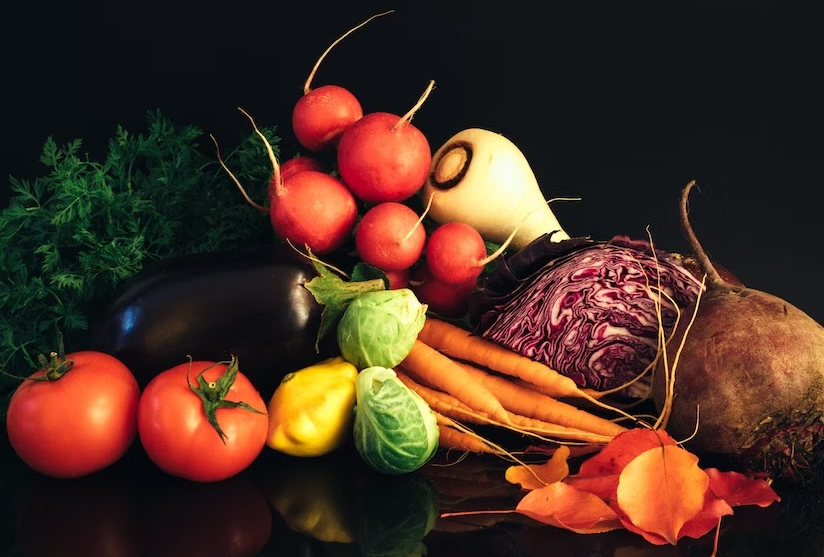




-
545 Views 0 Comments 2 Likes

The eyes are one of the most important organs of the human senses. With their help, the body receives up to 90% of information about the surrounding world. The main function of the eyes is to help the body adapt to environmental conditions.
The eye consists of the cornea, anterior chamber, iris, lens, and retina. It is controlled by the muscles responsible for accommodation and movement. There are two types of light-sensitive cells in the human eye – rods and cones. Rods are responsible for the twilight vision and cones for daytime vision. If one or more of these parts doesn’t work properly, the vision worsens. It’s important to visit an ophthalmology practice center as soon as you notice any problems with your vision.
By including certain foods in your diet, you can protect your eyes from premature aging and restore their health and beauty.
In order for the eyes to remain healthy, they need the following vitamins:
There are also trace elements that are important for our eyes’ health.
In addition, lutein, zeaxanthin, and antioxidants are necessary for the normal functioning of the organs of vision. They are contained in green and orange-yellow vegetables (corn, broccoli, spinach, etc.).
The diet should be complete and varied when improving the eyes. It is best to eat four meals a day, rich in vegetables and fruits. Vegetable salads, freshly squeezed juices from carrots, beets, and spinach, combined with a small amount of protein products, cereals, and fermented drinks, are beneficial for the eyes in a variety of ways.
Overeating is dangerous to eye health. As a result of overeating, food cannot be completely processed by gastric juices. Unprocessed foods create toxins, which get into the bloodstream and cause a general poisoning of the body.
An excess of salt causes moisture retention in the body and, as a result, increased intraocular pressure.
Proteins are useful for the body, but their overconsumption causes the deposition of cholesterol on the walls of blood vessels. And since the blood vessels that supply the eye are very thin, there is a risk of their blockage.
When consumed in excess, alcohol dilates the blood vessels, causing warmth and relaxation. The second stage then comes — a spasm. As a result, , the thin vessels suffer, including the vessels of the eyes.


